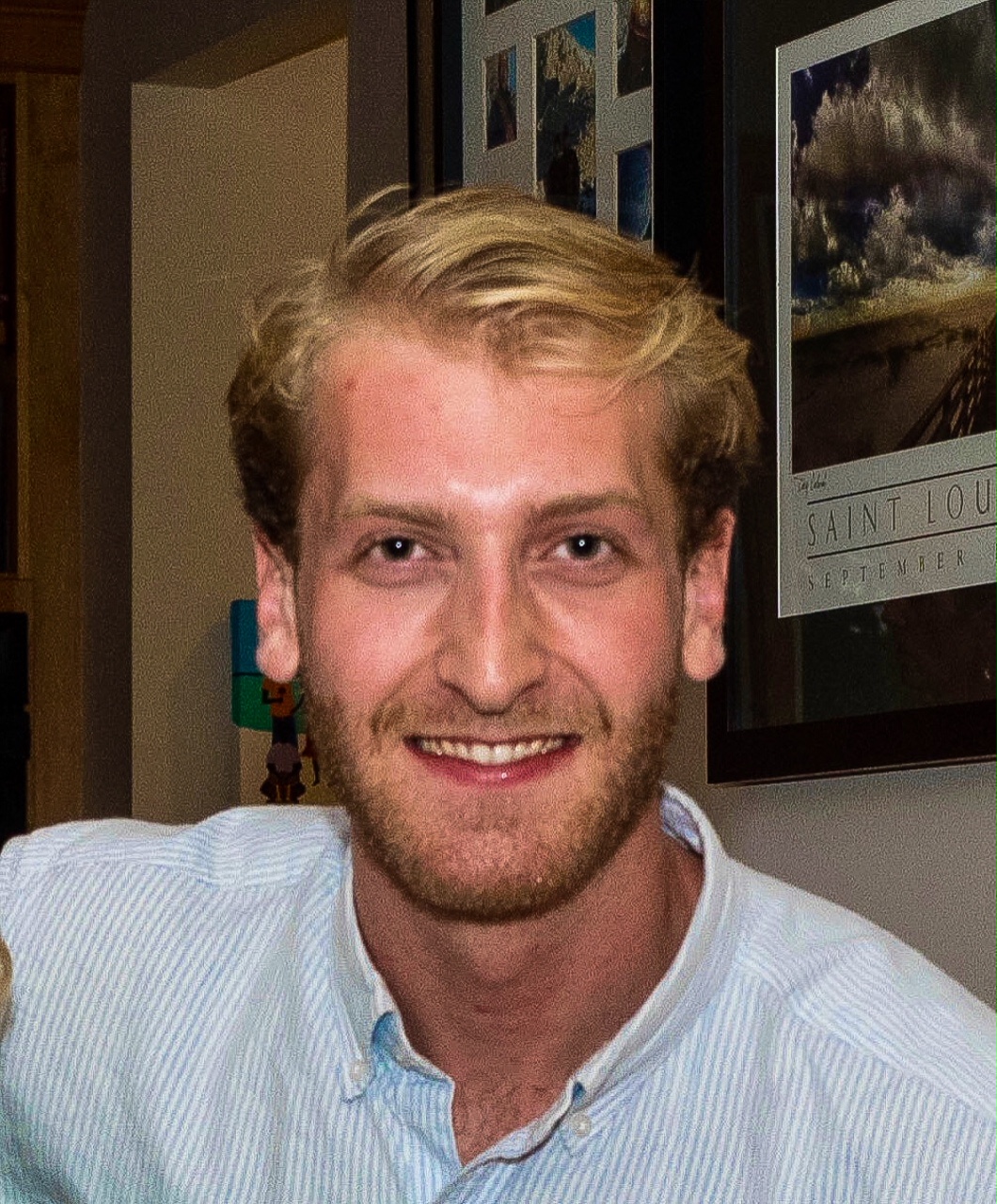“Learning the traditional style of prayer has been a challenging, but ultimately very rewarding endeavor. I grew up actively Reform, attending Jewish summer camp at OSRUI for 7 years, being Bar Mitzvah’d and confirmed at Central Reform Congregation in St Louis, and working as the Jewish Life Musician for 4 years for the Georgetown Jewish Chaplaincy. In coming to Pardes and joining a more orthodox world, adjusting to the differences in praying was difficult for me. I wasn’t familiar with many of the prayers, there was significantly more Hebrew than I was used to, and there was a noticeable lack of music and communal singing. It felt foreign, but I had promised myself before I came that even when things felt hard and foreign, I would persist in practicing and see if, over time, the acts became more meaningful.
“On a Pardes trip to Hebron, we visited the Tomb of the Patriarchs. The cave where our Patriarchs and Matriarchs lay buried under a monumental building, very much in the Herodian style of the Second Temple. We stood in the historic building and davened in the half of the building that Jews are permitted to enter. Michael Hattin led our prayers, and I realized in the middle of the Amidah that the words flowed from my tongue as easily as if I had always known them. It dawned on me in that moment that the Hebrew poetry I was speaking connected me to the wills and the desires of so many generations of Jews who have come before me, as well as the Jews who live in our world today. The introspective power of the habitual repetition of these prayers depends upon exactly that which I felt estranged me from the prayer: the difficulty in learning how to pray, in learning the Hebrew, and in the dialectic between the individual moments of reflection and the communal moments of declaration and crying out. Only because I had endured the discomfort could I arrive at the moment in Maharat Machpela and connect to the traditional method of davening.
“I don’t believe that we should give up our faith in our own ability to discern what is meaningful or meaningless; good or bad; beautiful or ugly. But I do believe that our initial reactions may need to be tempered until time can teach us how to see and how to understand. I am grateful for this moment in my life where I have the support to learn and to connect with Judaism, and I will take what I have learned here in Jerusalem with me for the rest of my life. ”
Jason graduated from Georgetown University in May 2016, and since then he has focused on pursuing a career in medicine and a deeper understanding of Judaism. He is planning on beginning Georgetown Medical School in the fall of 2018. He has been loving his time at Pardes, and is grateful for the skills he is developing here that will enable him to engage in Jewish studies for the rest of his life.

